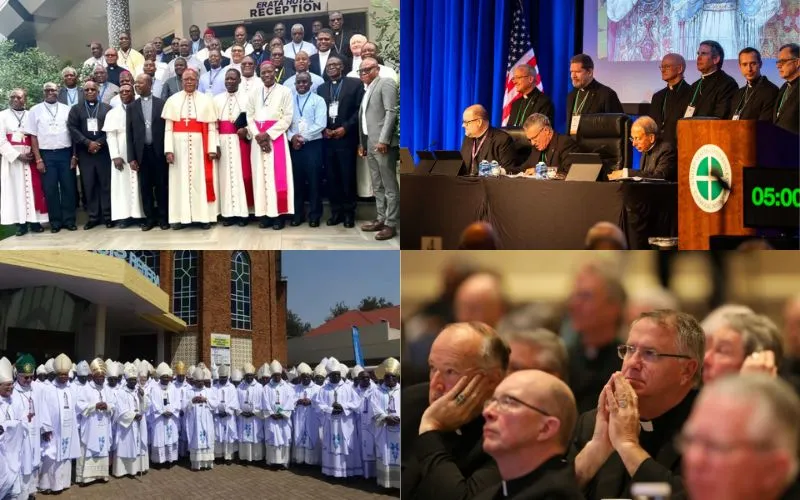Johannesburg, 26 August, 2020 / 9:19 pm (ACI Africa).
A Society of Jesus (Jesuits) Cleric serving in his native country, South Africa, has, in a reflection on the effects of COVID-19 pandemic, cautioned against neglecting the poor and marginalized.
In the Tuesday, August 25 reflection obtained by ACI Africa, Fr. Rampe Hlobo says, “COVID-19 like many other viruses including HIV that ravaged many poor communities – lest we forget – persistently remind us that as a society and a community, we continue to ignore the scourge of poverty and the poor at our own peril and impairment.”
“In the midst of the struggle against the pandemic of COVID-19, we are all facing the same storm, as one sage put it, but in different boats,” the Jesuit Cleric reflects and adds, “Poverty in the middle of this storm, reminds us that a society that neglects common wellbeing and common good, does that at its own peril.”
The coronavirus crisis “has brought to light the fact that humanity in general has been turning a blind eye to the sufferings of the poor and marginalized who, during this pandemic of COVID-19 have proven to be the weakest link in the line of defence against this merciless virus,” the native of South Africa’s Soweto township says.
“The war against the rising number of infections can never be won unless we adhere to the recommendations of WHO and health authorities. Staying at home, social distancing, regular washing of hands with soap, regular sanitizing of hands, healthy diet, etc. All of these are beyond reach for the poor, especially the poorest of the poor and yet we are told are the basic defence mechanisms to avoid being infected,” Fr. Hlobo says in his August 25 reflection.








